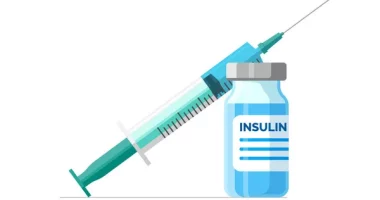Waking Up Wired :Finding out 10 Symptoms of high cortisol levels that happens in the Morning.
Imagine this: you wake up, but instead of feeling refreshed and energized, you’re hit with a wave of fatigue, anxiety, and a racing heart. This could be your body’s way of telling you that you have high cortisol levels in the morning.
Cortisol, often called the “stress hormone,” plays a crucial role in regulating various bodily functions like metabolism, blood sugar, and inflammation. While short-term increases are normal, chronically high levels can negatively impact your physical and mental health.
This article explores ten signs that might indicate high cortisol in the morning and provides valuable resources to help you manage this condition and find your way back to a balanced morning routine.
Here are 10 signs that might indicate high cortisol in the morning:
Physical Symptoms Waking Up Feeling Unrested – Despite getting enough sleep, you wake up feeling exhausted. This is due to the disruption of your sleep cycle caused by elevated cortisol levels.
Anxiety and Irritability – Elevated cortisol levels can lead to feelings of anxiety, nervousness, and difficulty managing stress.









